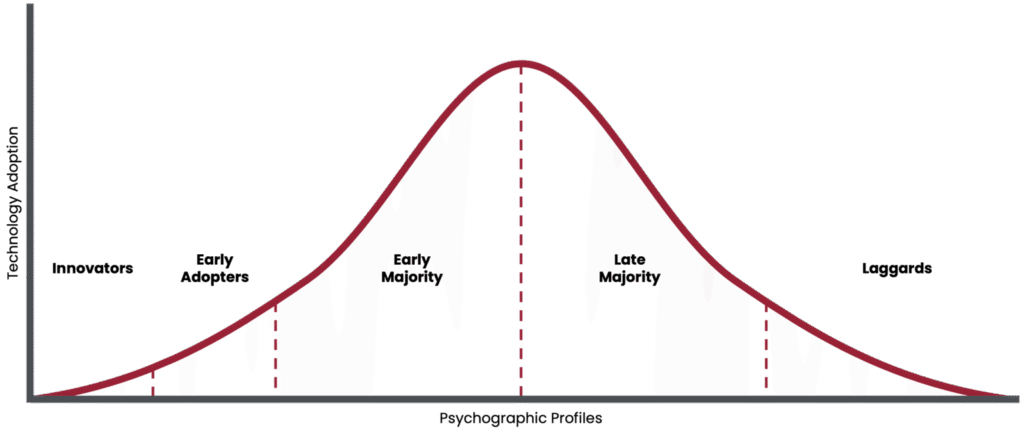At a recent Databricks Conference, Jensen Huang, Nvidia’s CEO, answered the question: “How do you get started with AI or GenAI in your organization?” His response was simple yet powerful: “Get started now… Get on board with this fast-moving exponential train!” This is not a question of how but rather a call to action: do it now, wherever you stand, whatever your responsibilities or individual role.
My Journey from Non-Technical User to GenAI Enthusiast
As an Account Manager and Sales Executive, the surge of GenAI technologies initially overwhelmed me. I had to devise my own approach to embrace these innovations and define how a typical “late adopter” like myself could get on board early.

Over the course of four months, I followed a series of steps to familiarize myself with GenAI, aligning with Jensen’s advice to simply get started and use the technology however possible.
First, I Employed the GenAI Assistant (a Game-Changer for Corporate Roles)
For someone in my position – spending half the day in meetings and the other half following up – the most impactful technology was the GenAI assistant for online and in-person meetings. This tool summarizes meetings, identifies action items and assignments, automates follow-up emails, and even provides sentiment analysis and meeting effectiveness scores. I found over a dozen startups in this space. While our team uses Microsoft Copilot now, I began with Tactiq, recommended by a trusted colleague who is an early adopter.
Second, I Learned from Events and Executive Forums
To prepare for this journey, I focused on learning from the best.
- Attended CDO Events: These included meetups and community-driven events such as the McKinney, TX sponsored AI event for startups, corporate IT events with CIO speakers, and other events hosted by law firms specializing in in AI/GenAI to meet the state/county or industry legal framework.
- Participated in Webinars: I joined panels like “How CDOs Can Accelerate AI Adoption by Prioritizing Data Quality and Privacy”. I also enrolled in online conferences from cloud providers such as Snowflake, Databricks, Azure, AWS, GCP, and Oracle.
- Researched Major University Programs: Some friends recommended attending programs at major universities. If accessible geographically and budget-wise, these programs offer valuable content, networking opportunities, and alumni connections.
Third, I Built a Supportive Community
Reflecting on my early career when I knew nothing about the ERP market, I found great value in community involvement. I led the Dallas Oracle Users Group and created a CIO forum to support local executives. The same approach benefitted me when starting on this GenAI journey. I similarly established the Dallas “Data+ Executive Forum” quarterly dinners and joined the Dallas Informatica User Group (IUG) as co-chair.
A Shameless Plug and Career Advice
If you’re seeking to educate your organization and adopt this powerful technology, consider offering lunch and learns, proposing engagements such as GenAI/AI use case discussions, proof of concept development, AI maturity assessments, AI strategy engagements, or data democratization workshops. If internal competence is lacking, reach out to friendly vendors or consultants like Paradigm Technology. We’re eager to invest in your approach and support your GenAI adoption efforts.
My journey from late technology adopter to bleeding edge technology enthusiast highlights the importance of taking initiative and learning continuously. By attending events, participating in webinars, and building supportive communities, even non-technical users can become proficient in leveraging GenAI tools. It’s not about waiting for the perfect moment or tool; it’s about starting now and making the most of available resources. So just do it! And as Tim Ferriss wisely puts it, “Be kind to yourself and others. Be just a little kinder than is necessary. Today, and every day.”
Does joining the Dallas Data+ Executive Forum dinners interest you? Reach out to emmanuel.delpierre@pt-corp.com.
Are you an Informatica User in the DFW area? Register for the user group!

Emmanuel Delpierre, Head of Market

